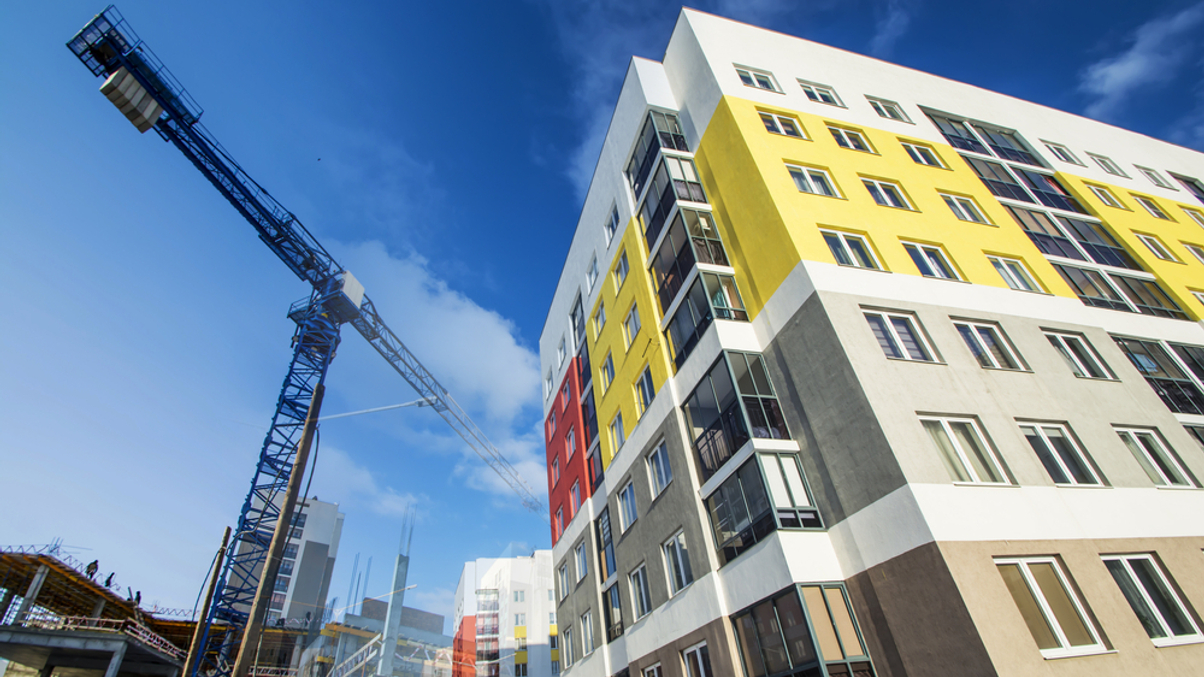AustralianSuper sees bleak outlook for global property
Australia’s largest superannuation fund has signalled concern over global property markets as allocations to the sector fall off.

AustralianSuper, the country’s largest superannuation fund with A$263 billion ($175 billion) of AUM, has expressed a downbeat outlook on global property markets, while singling out Australia’s economy as relatively resilient when compared to other developed markets.
Sign in to read on!
Registered users get 2 free articles in 30 days.
Subscribers have full unlimited access to AsianInvestor
Not signed up? New users get 2 free articles per month, plus a 7-day unlimited free trial.
¬ Haymarket Media Limited. All rights reserved.


